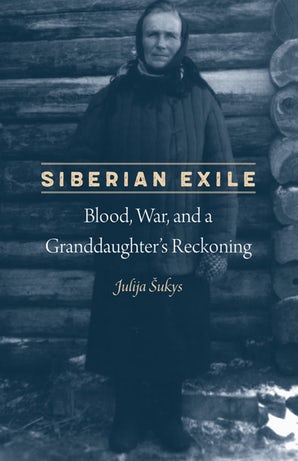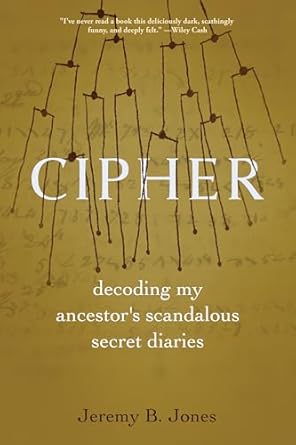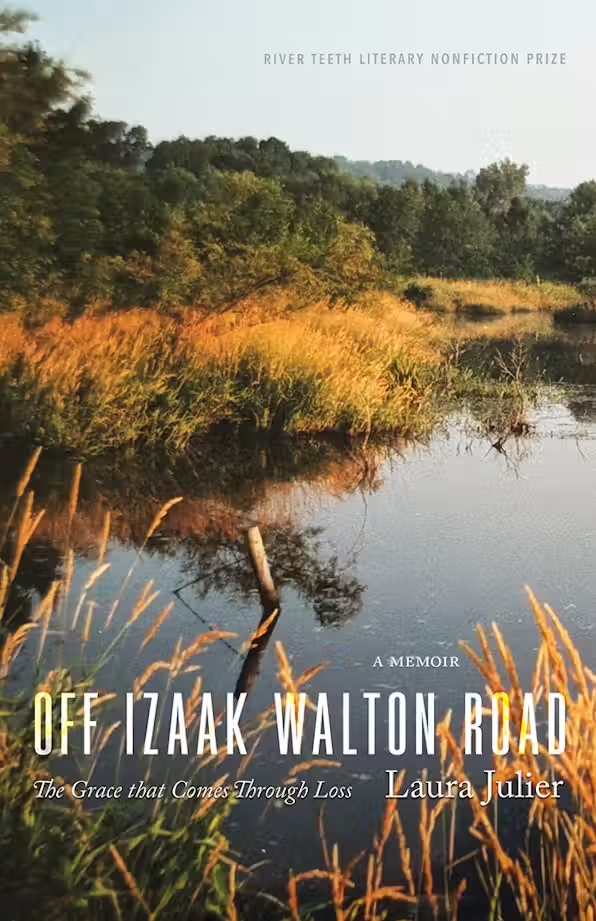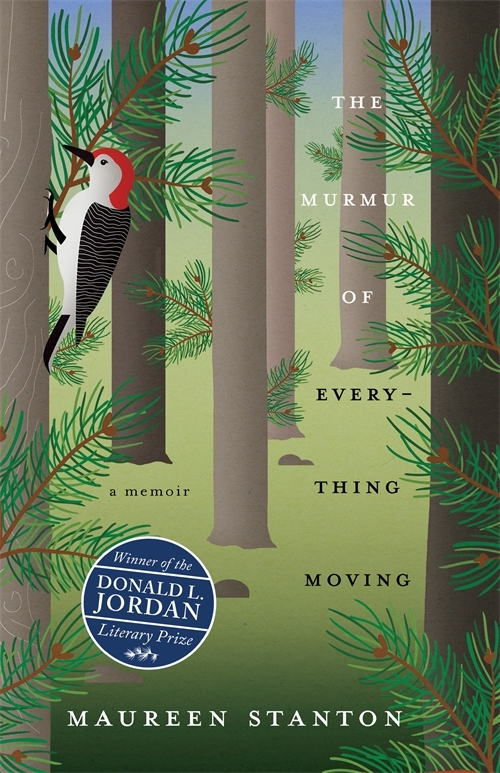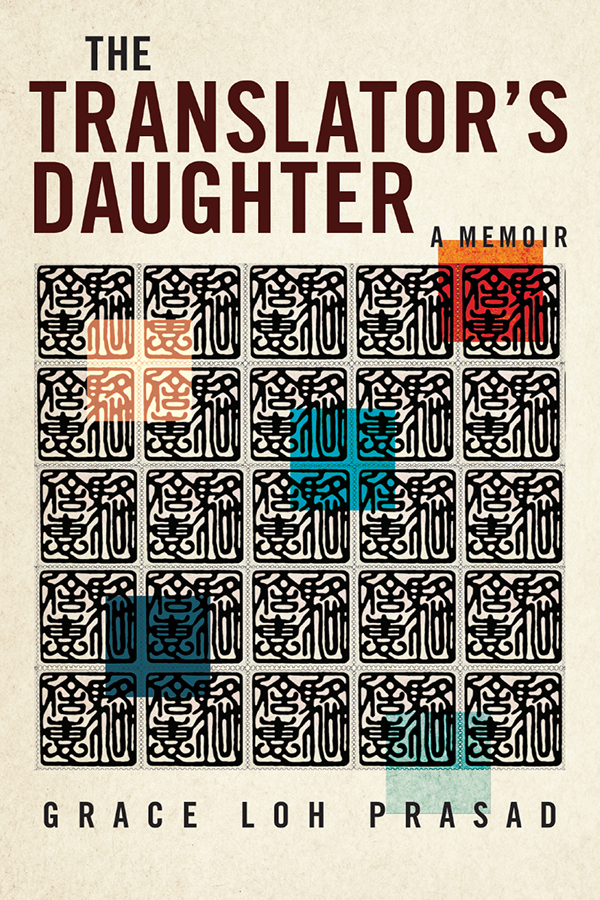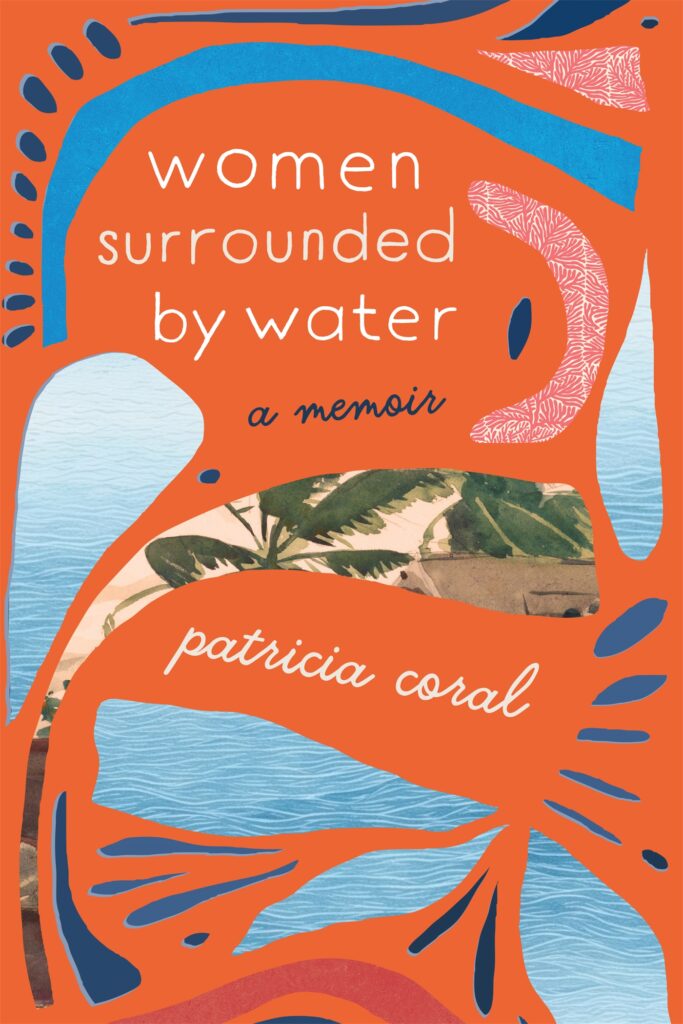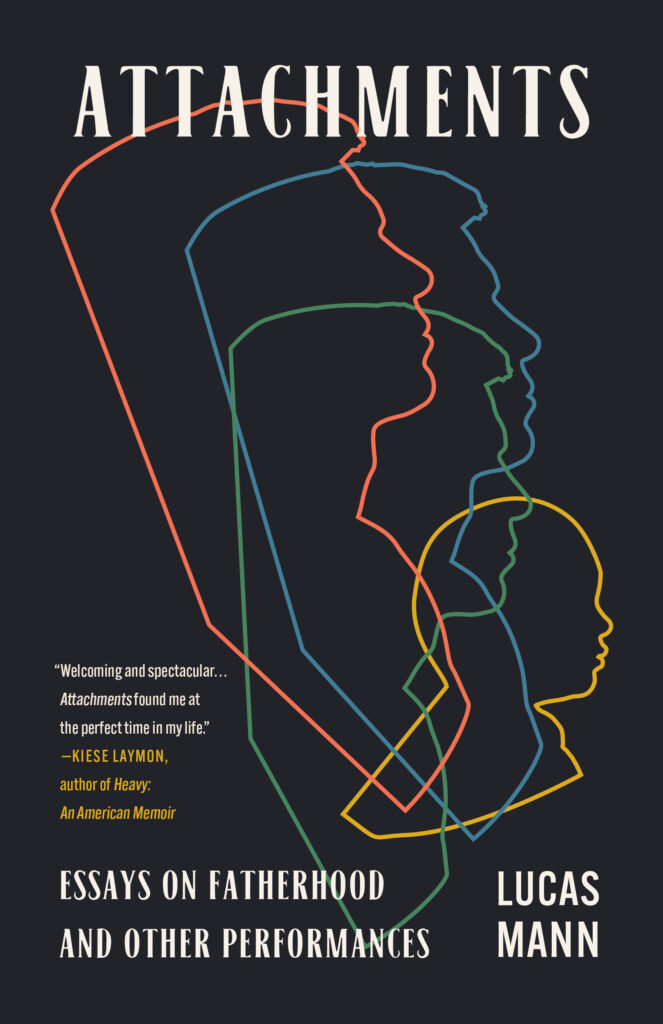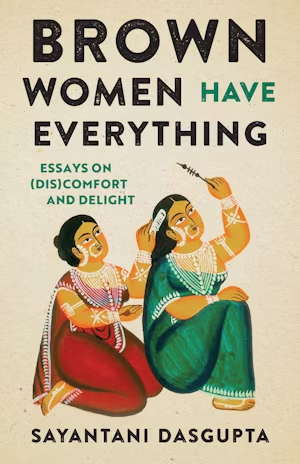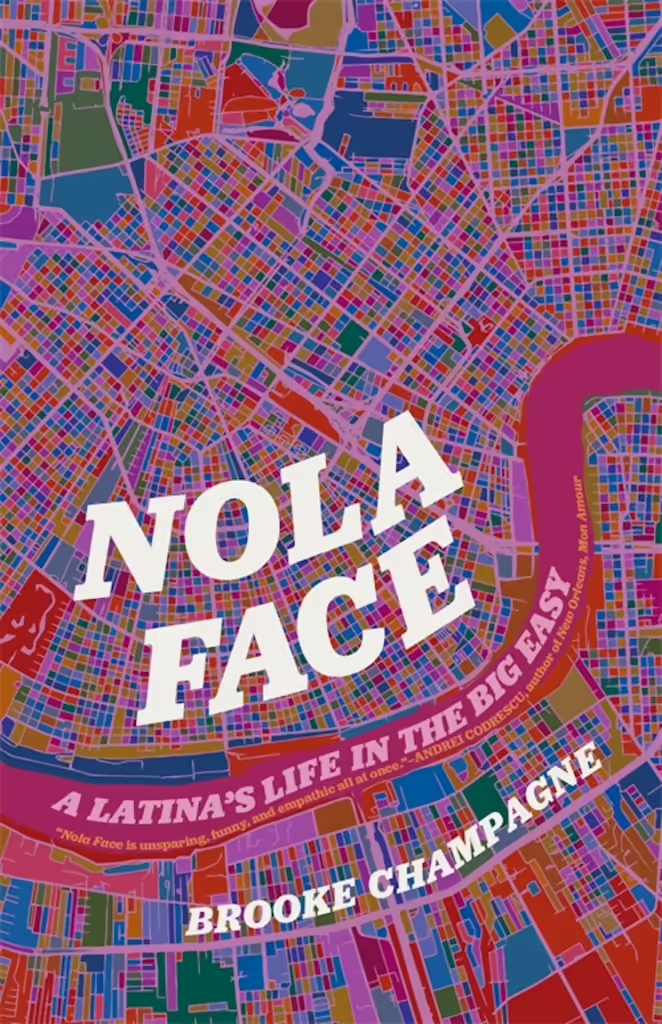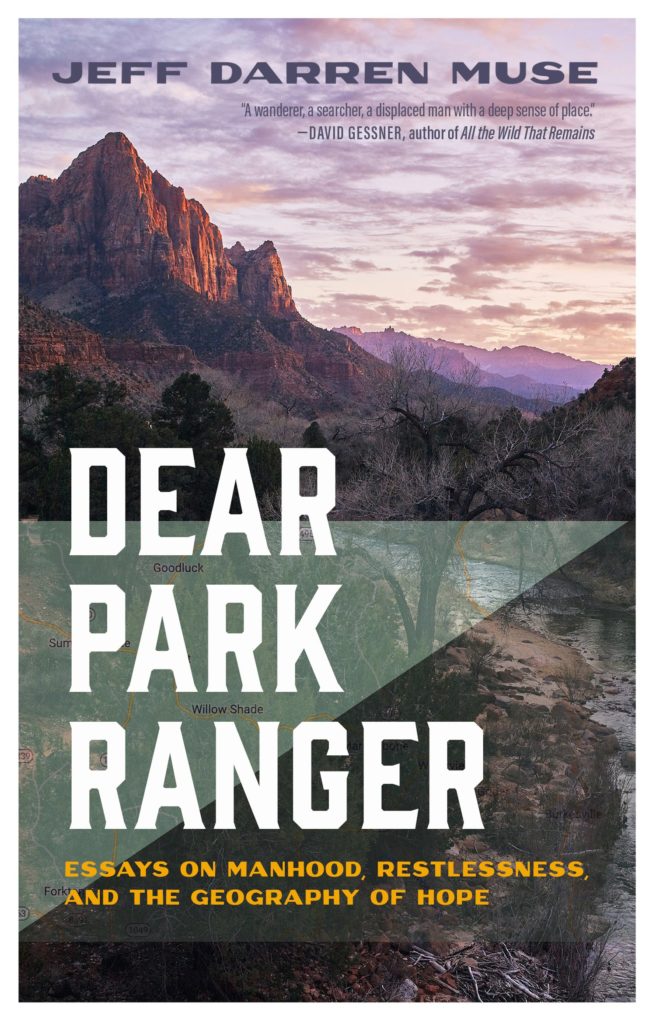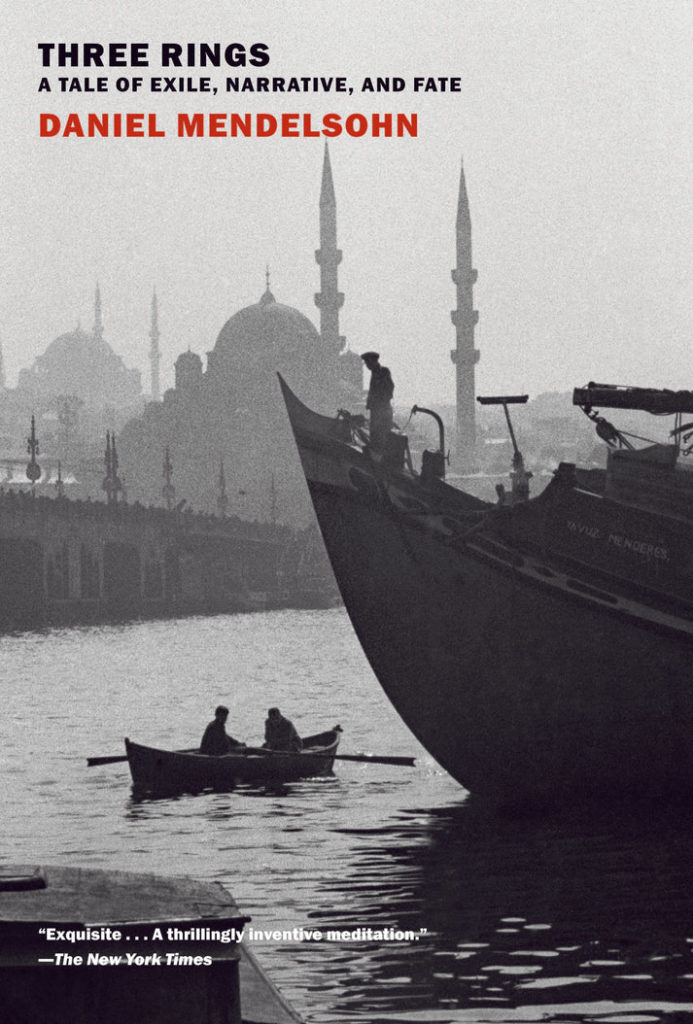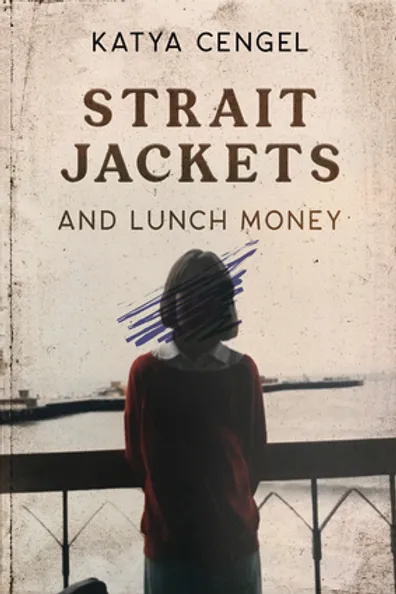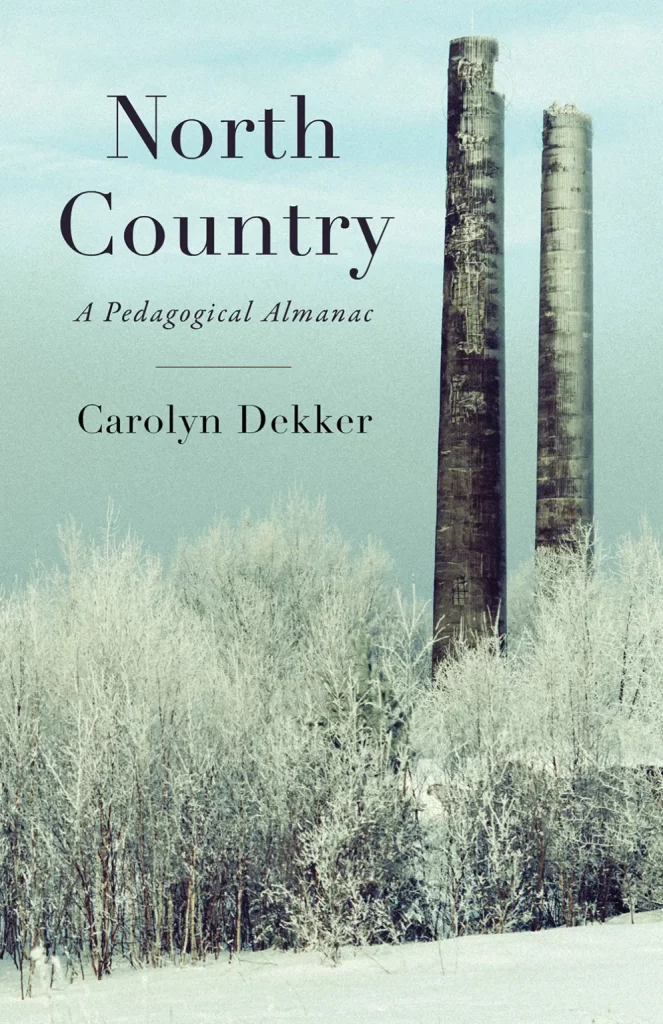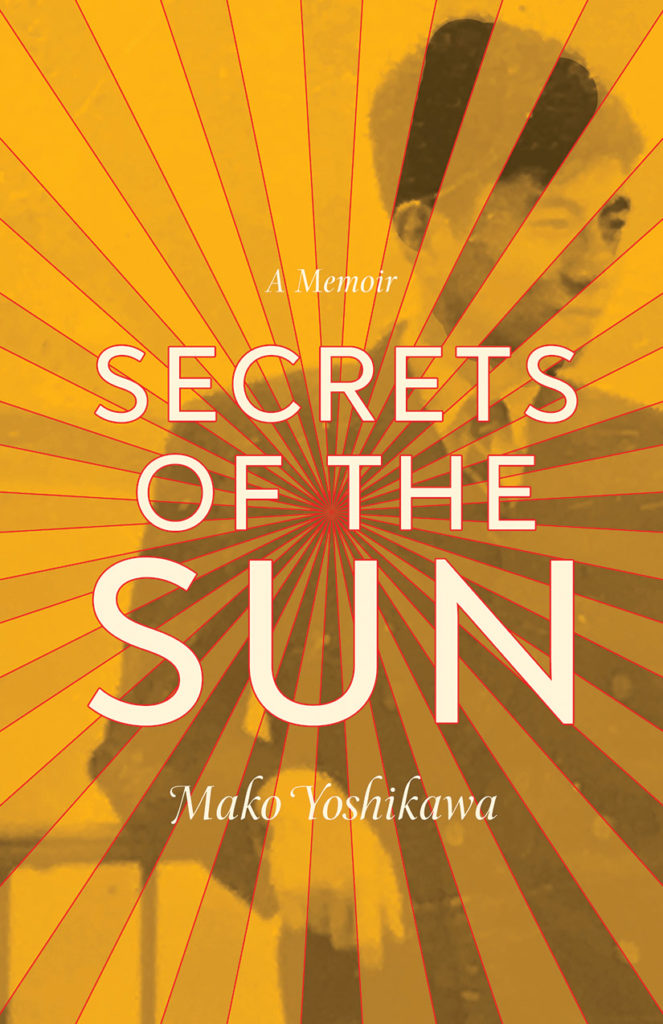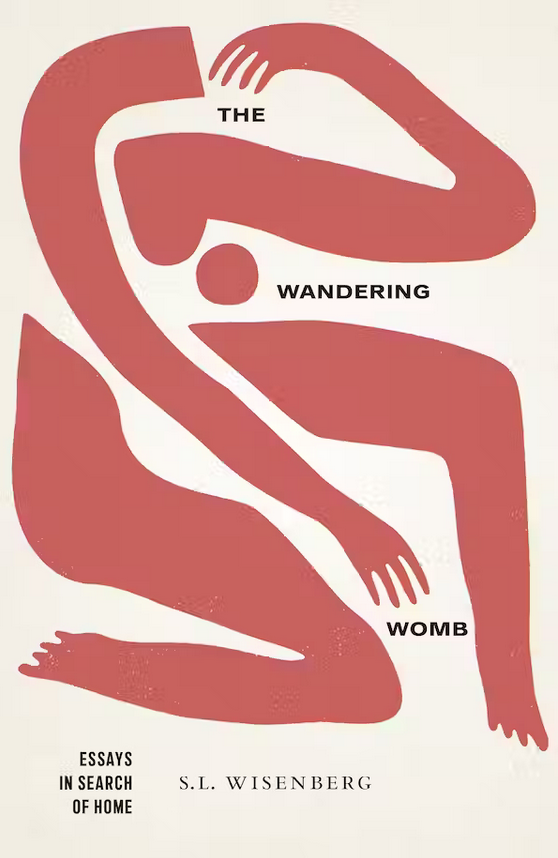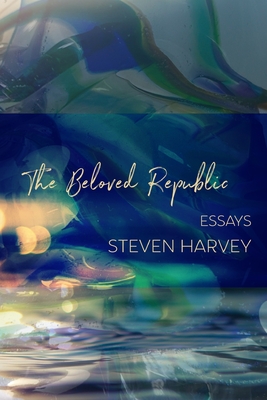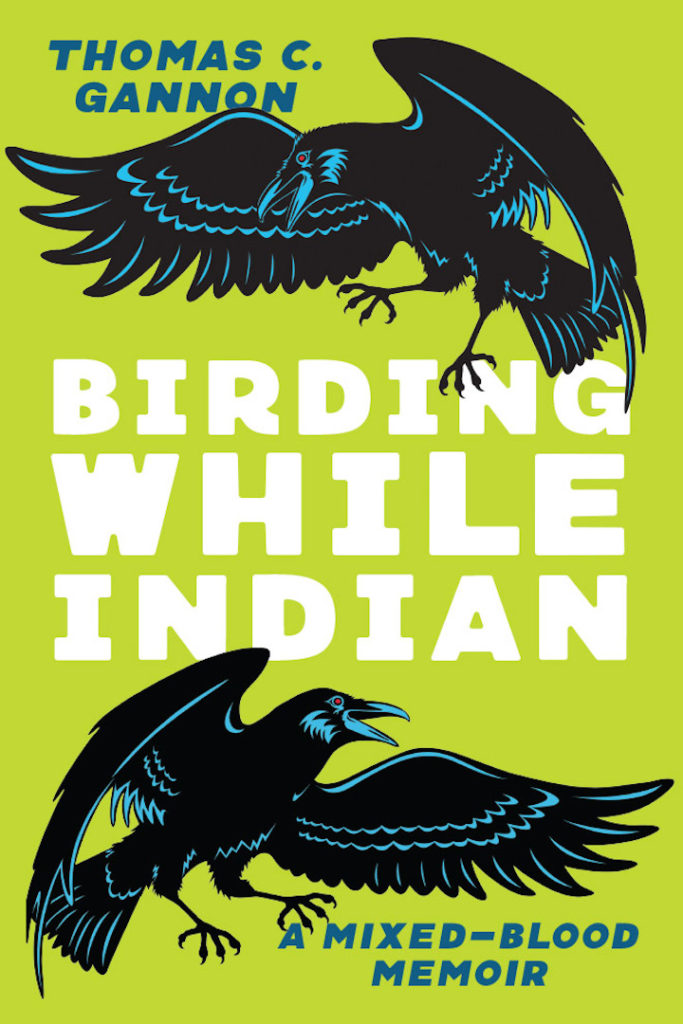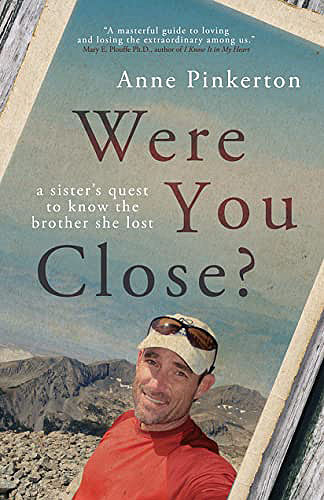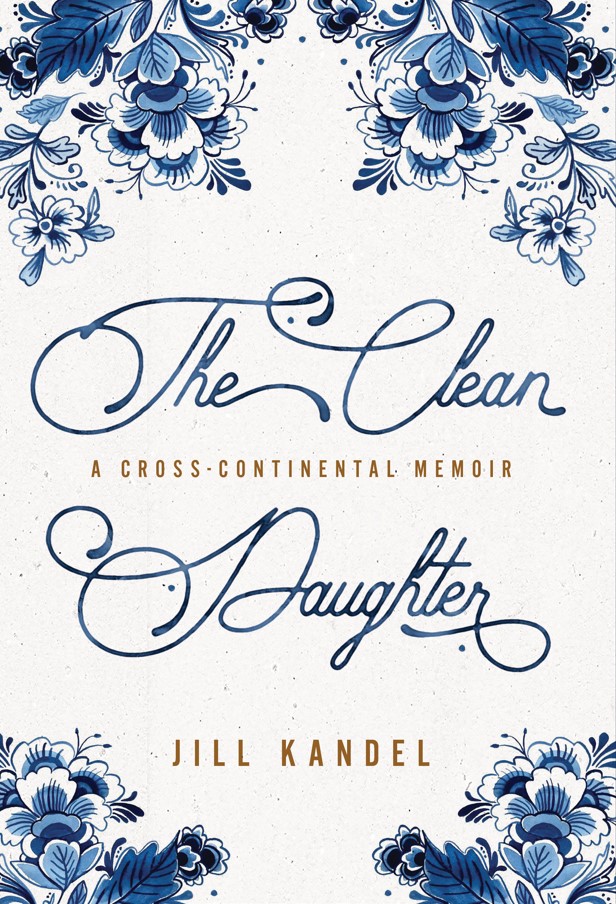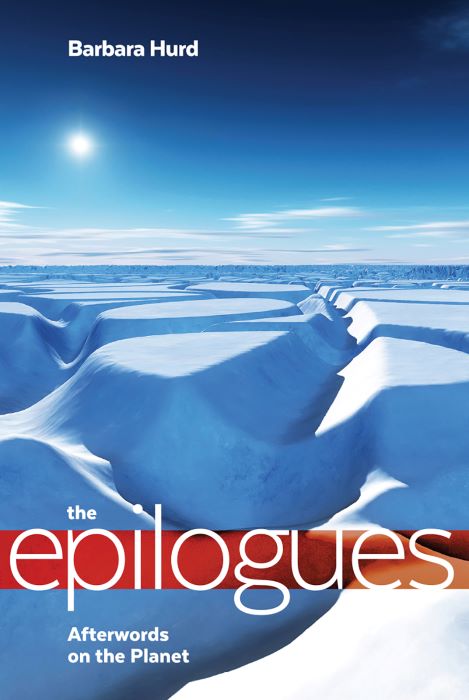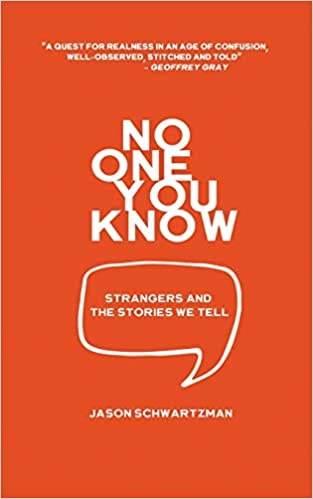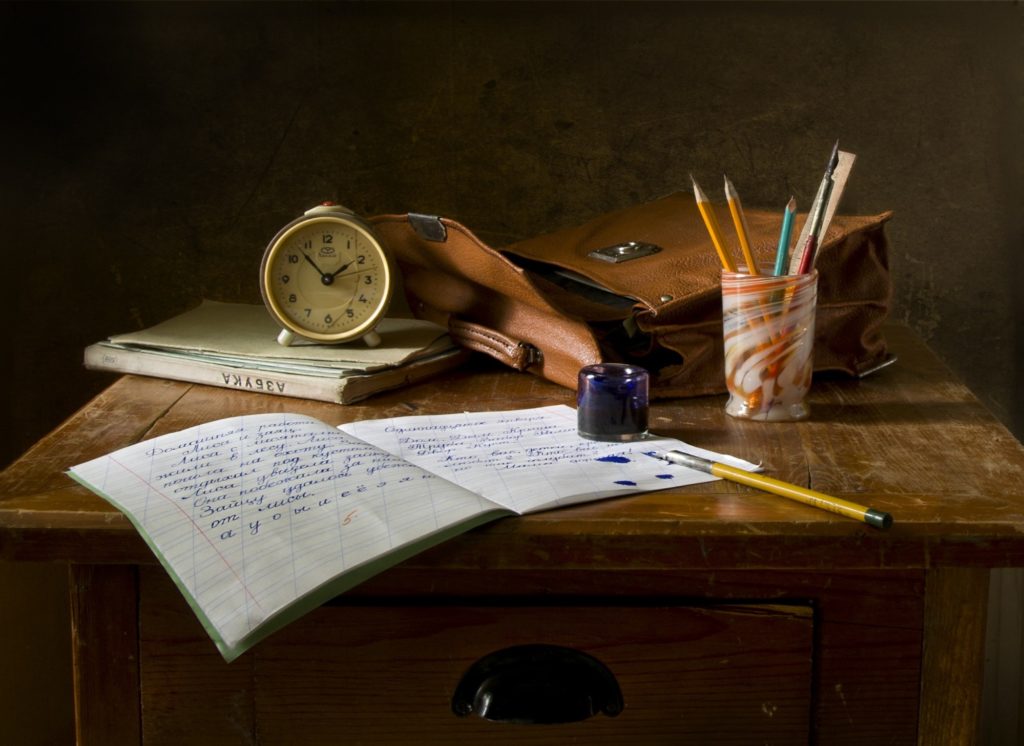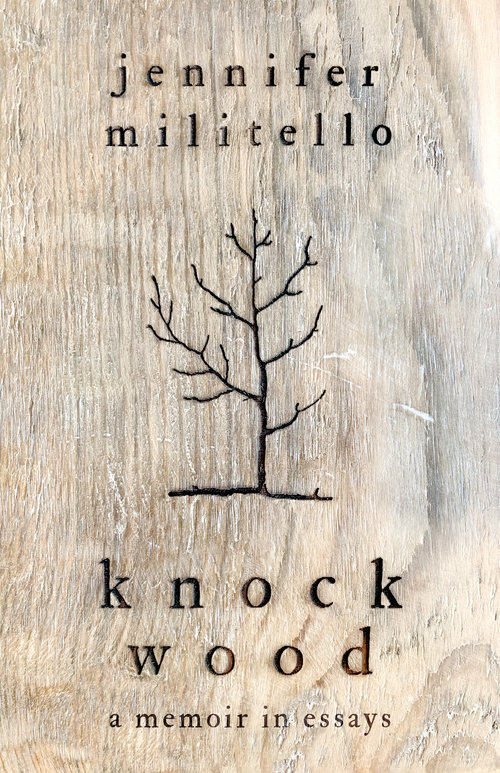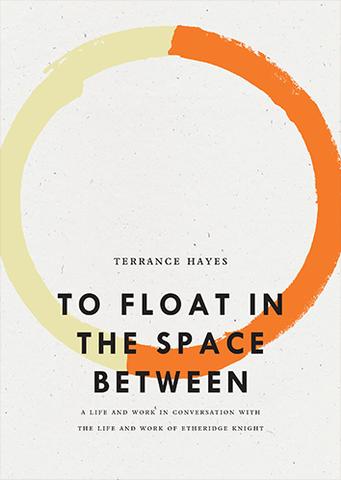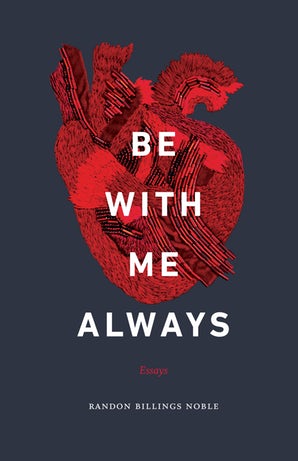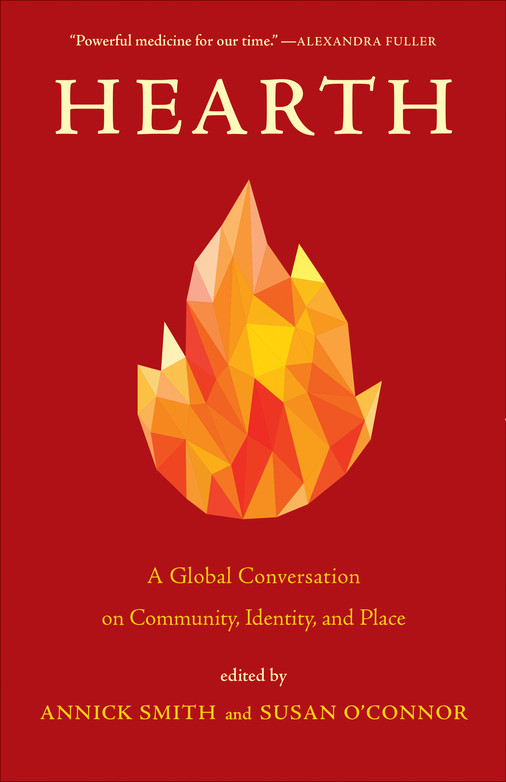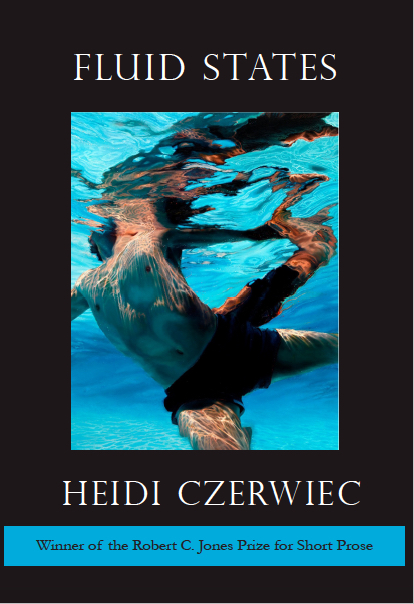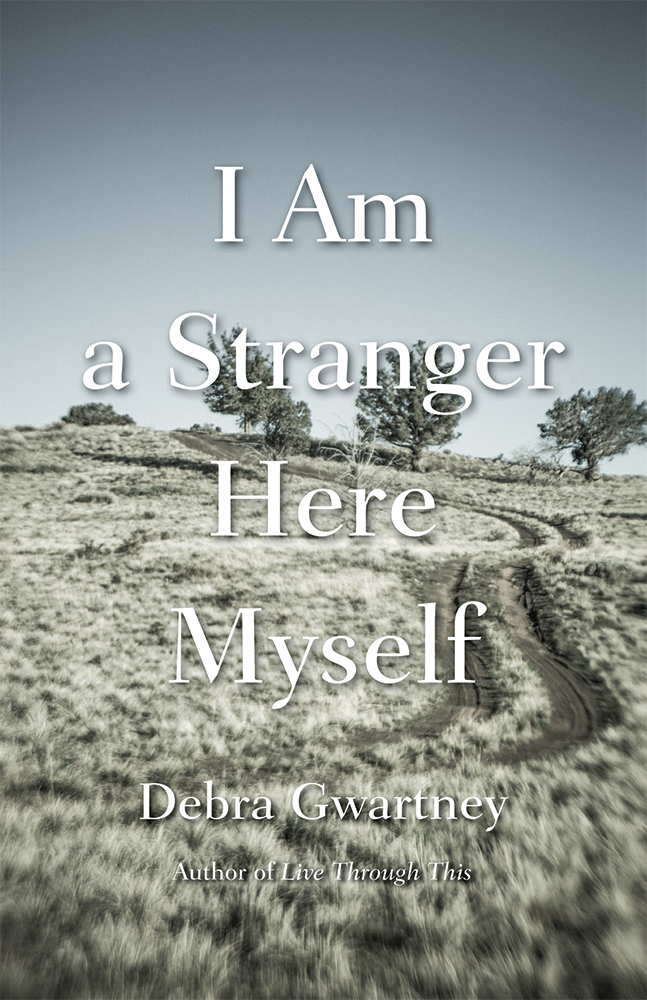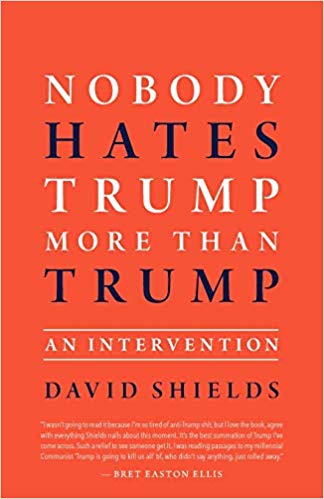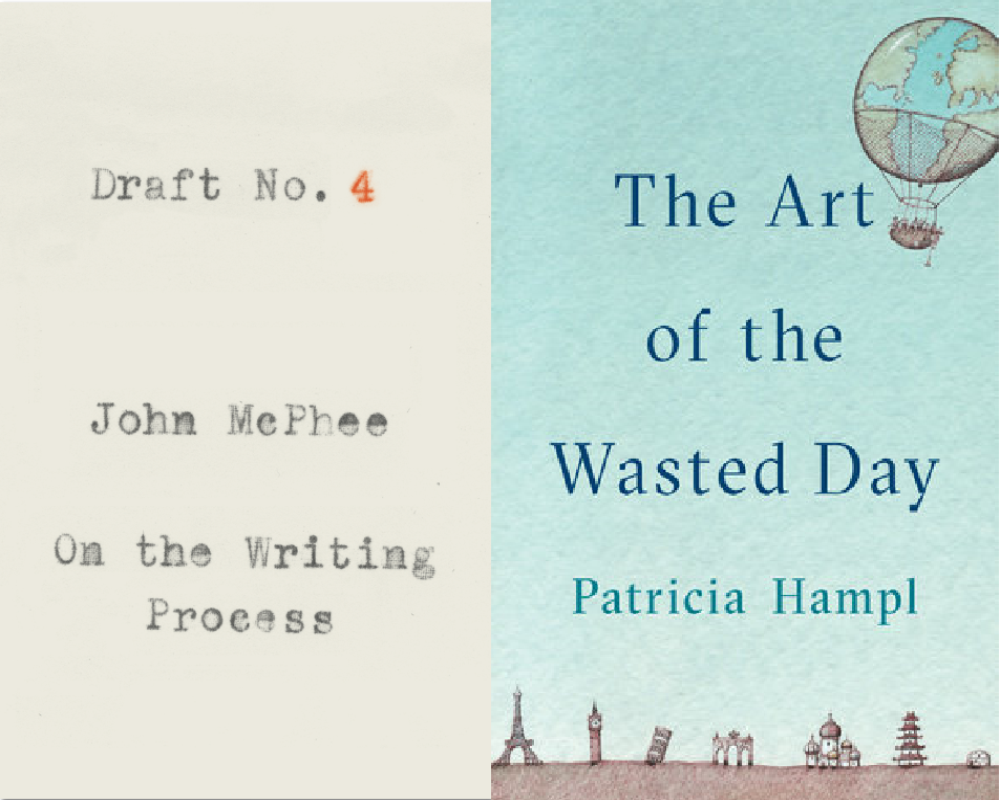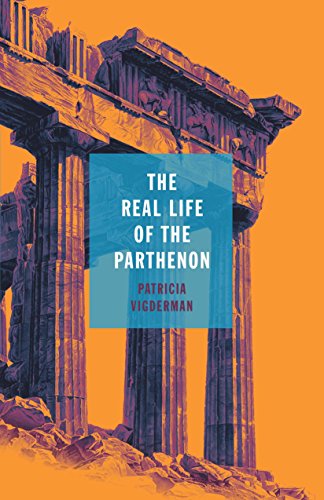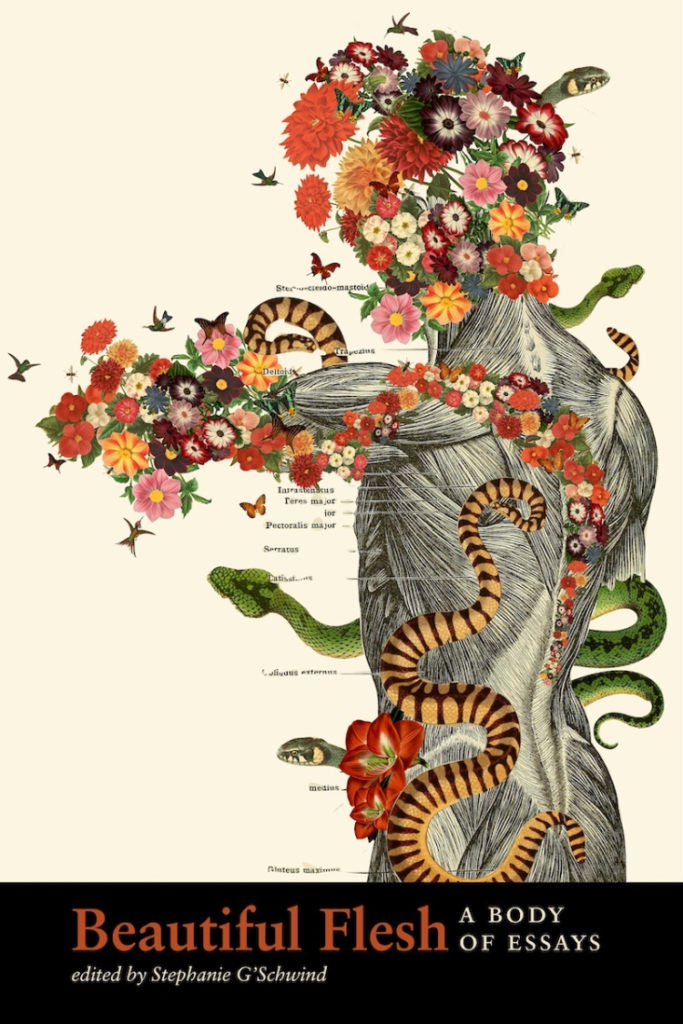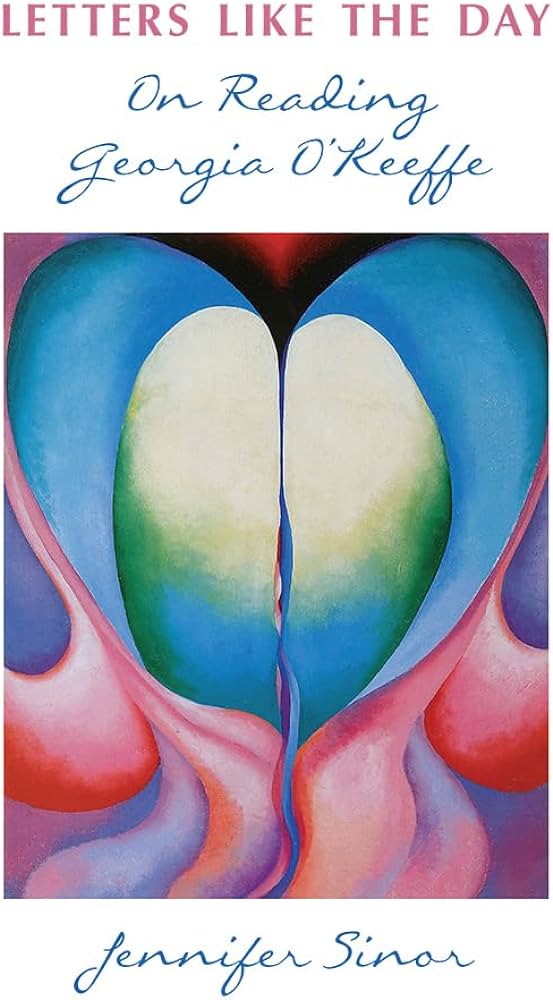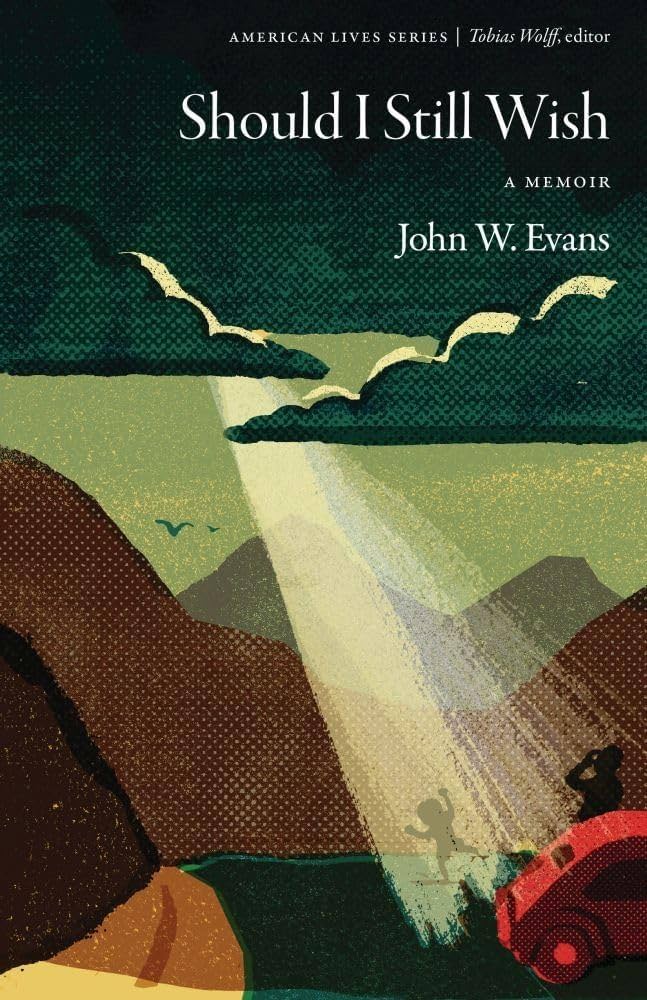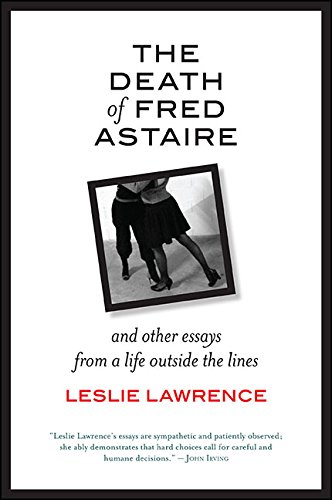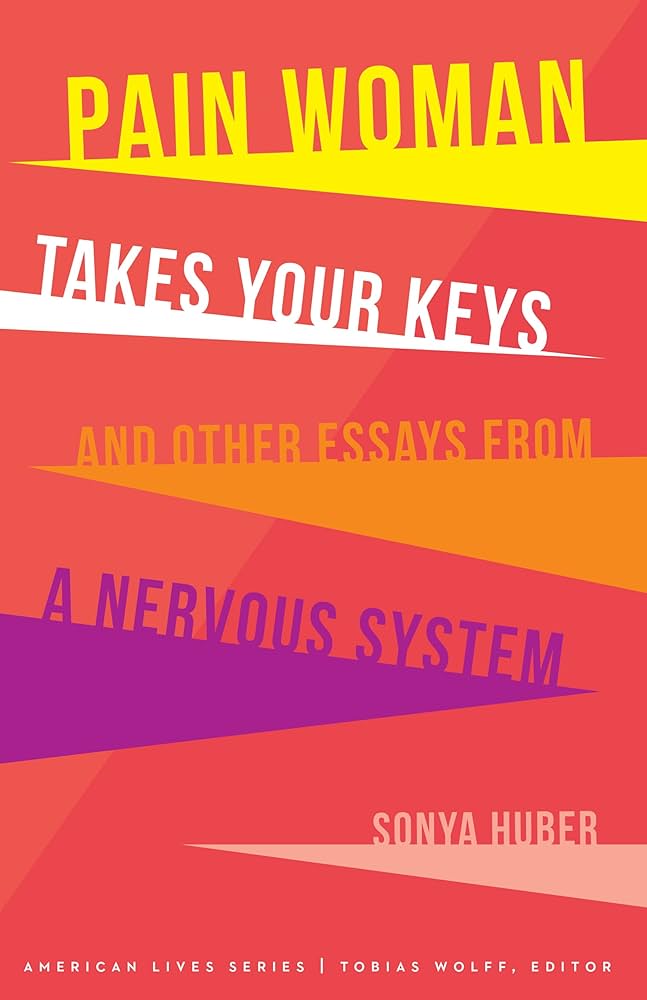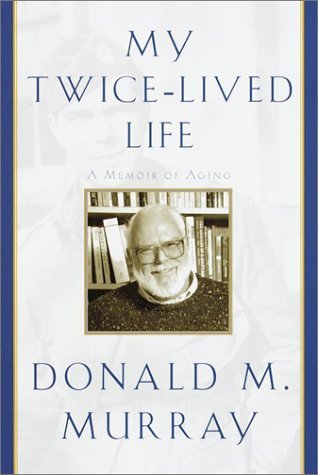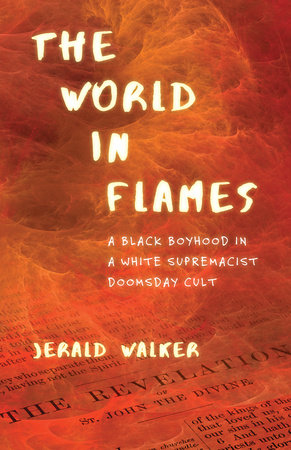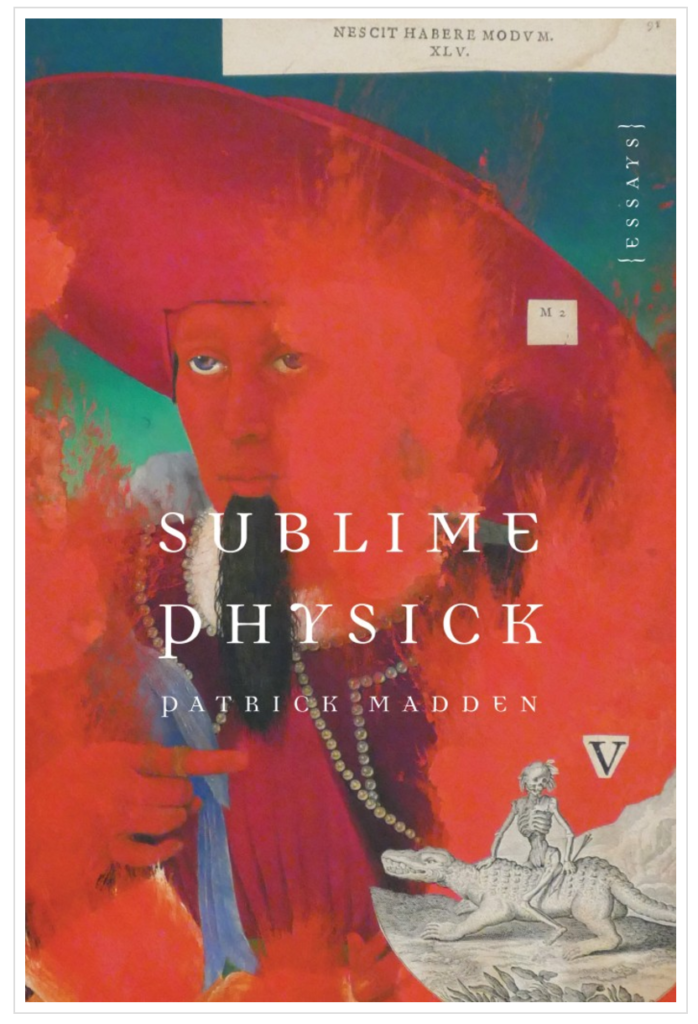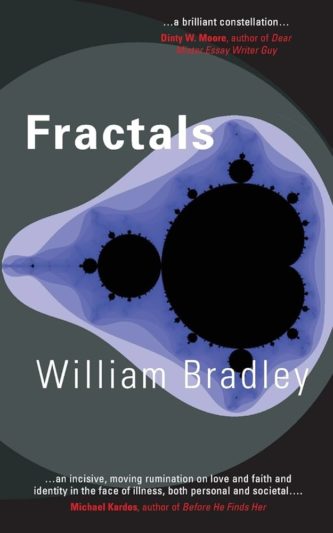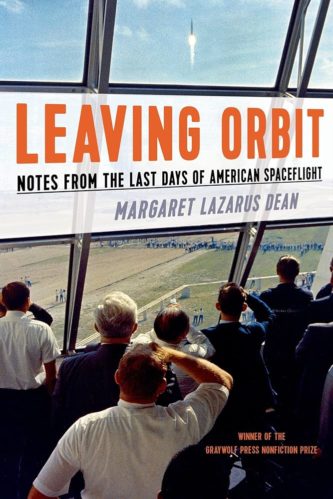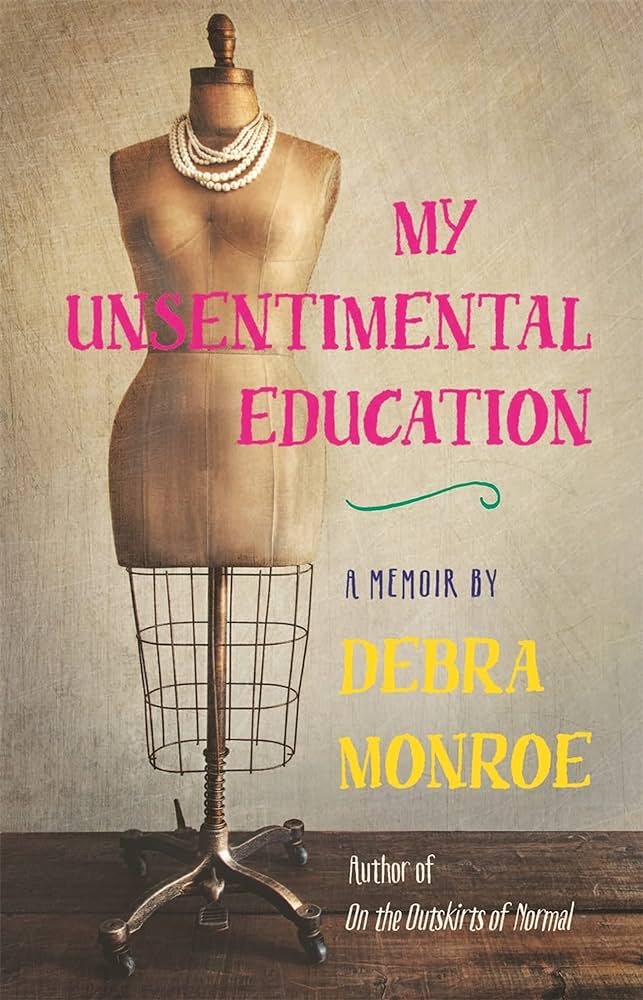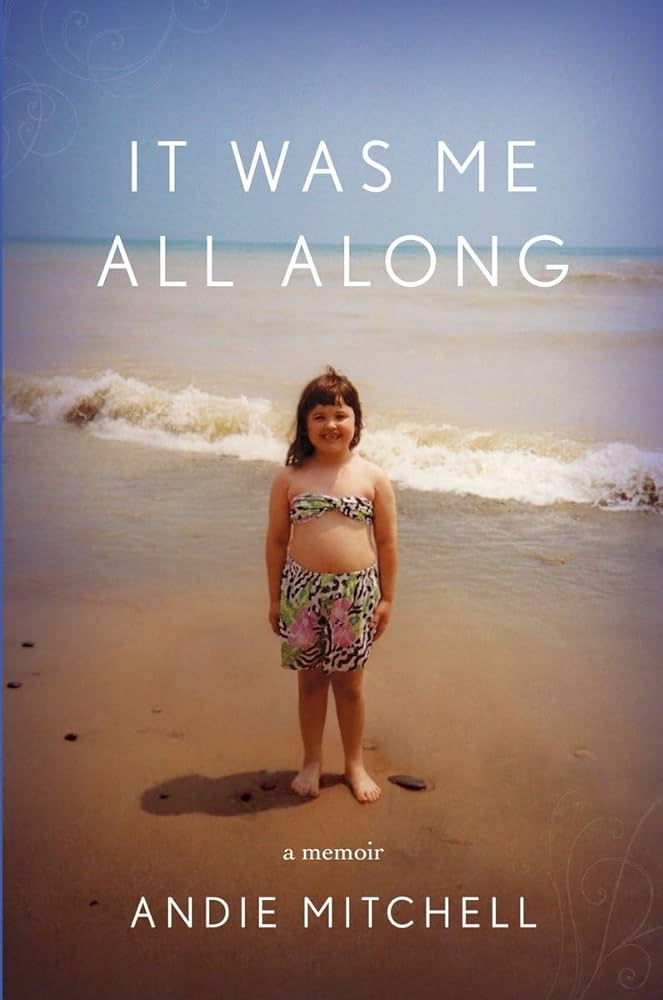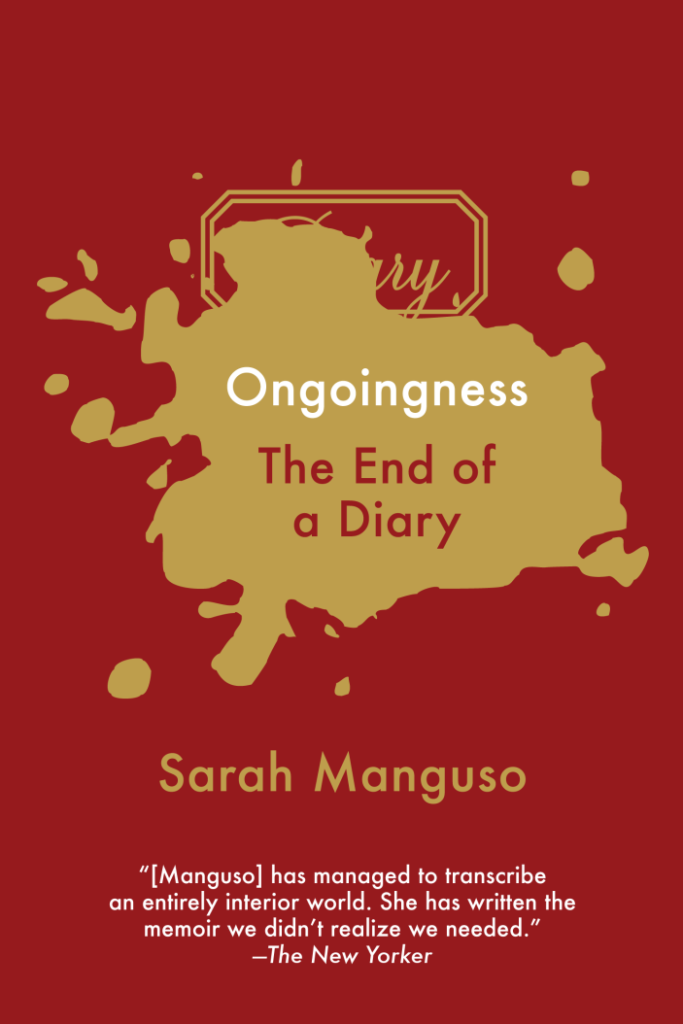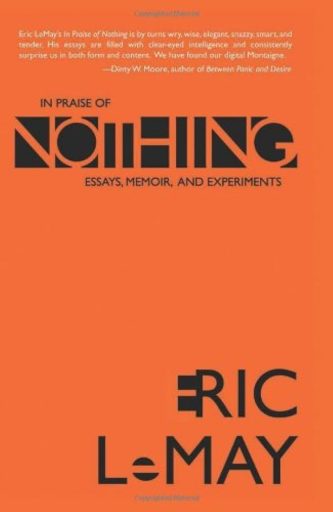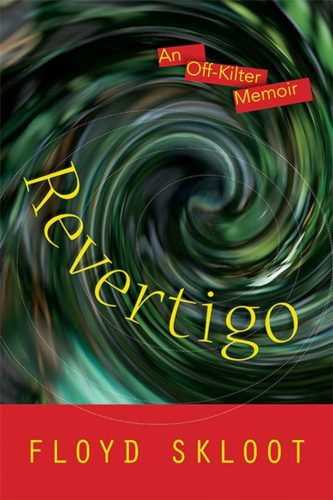By Richard Goodman
on Siberian Exile: Blood, War, and a Granddaughter’s Reckoning by Julija Šukys
Whenever I find a memoir that’s under 200 pages, my mood improves. I sense the writer is going to display some of the cardinal virtues in her prose that are often lacking in books in which the author is the subject—or at least a major character—in addition to being the narrator. I mean such writerly virtues of restraint, humility, concision, and the overall recognition that her reader has only so much time to be engaged with her so-called fascinating life.
Imagine my delight in finding that Siberian Exile, by Julija Šukys, about the search for her grandparents’ past, weighs in at a mere 166 pages. What I didn’t know was that even in such a brief book about her grandparents’ fates in war-torn Lithuania and Siberia, there is a Gordian knot of drama, pain, loss, and speculation. I don’t think 166 pages can be more complex than they are in Siberian Exile. This is both exciting, enlightening, harrowing, and frustrating for the reader.
Šukys, an associate professor of creative nonfiction at the University of Missouri, is of Lithuanian descent. Her grandparents and their children—one being the author’s father—were born in Lithuania, a country few of us know much about. In one sense, this book provides a welcome education to the history of this small country whose population is roughly three million, whose capital is Vilnius, and which is bordered by Poland, Belarus, and Latvia. Like so much of Eastern Europe, Lithuania has gone through many foreign occupations, most involuntary, before arriving at its present independent state.
Siberian Exile is a reminder—and we do indeed need reminding—that as Americans we have not experienced a foreign presence on our shores for more than two hundred and forty years, never to the extreme as Lithuania and many other European countries have. In its long history, Lithuania has been part of Poland, part of Tsarist Russia, part of Nazi Germany, invaded and conquered and stripped of its identity, only to at last declare its independence from the Soviet Union in 1990.
Šukys’s narrative is really two stories, and, as such, its title is a bit misleading. The exile refers to the author’s grandmother, Ona. In 1941, she was sent to Siberia—a mistake it turns out, but so much tragedy in those times and places was founded on error—where she spent the next seventeen years. She left behind three children and a husband. Twenty-five years after her deportation, Ona is at last reunited with her family in Canada.
The second drama of the book concerns the author’s grandfather, Ona’s husband, Anthony, who remains in Lithuania during most of World War II and who may or may not have had a central role in the executions of hundreds of Jews. Hearing bits of this story of forced exile from her grandmother, Ona, and other relatives when she was growing up, the author, with “a deep desire to tell Ona’s story” decides, as an adult, to find out as much as she can about what happened to her grandmother. On this quest, she travels to Lithuania and to Siberia. Both her grandparents have died, and her father has as well, so the main actors have left the stage; she is left on her own to dig through archives written in Lithuanian and Russian and to cull material from a few interviews with men and women who knew and remembered her grandparents.
Ostensibly, Šukys decided to write this book “to pass her [Ona’s] story on to my son.” Later, well into this journey, she realizes that, “My mistake was to think that I had something to teach my son rather than to learn myself.” The question she asks herself ultimately is: Can we ever be freed from “our grandfathers’ and fathers’ sins”? This question is left unanswered. I would say, from the author’s often unquiet prose, and her own irresolution, the answer is no.
For me, this is the ultimate strength of Siberian Exile: the dramatization of an Oedipus-like weight many of us feel about what our parents and grandparents have imbued us with, through deeds, blood, or both. We are what they were, to some extent, no matter what we do. In Šukys’s case, the heritage extends over troubled waters of history and is tragic. But for many of us, the proximity of our family stories—whether or not these stories involve war and separation—makes them no less disturbing and important.
Along the way in following this story, the reader—as well as the writer—learns a great deal about Lithuanian history, especially in the mid-twentieth century, and experiences the sense that one’s fate in that time and place was, to quote Shakespeare, “As flies to wanton boys, are we to the gods; they kill us for their sport.”
In her quest for her grandmother’s story, the writer also discovers that her grandfather might have been a killer of Jews.
What happens in Šukys’s search is what occurs often in these types of quests, obscured by the passage of time. And that is a lack of resolution and fulfillment—for writer and reader. I’m reminded of the book, Eleni, by Nicholas Gage, published in 1983, about Gage’s quest for the person responsible for his mother’s execution during the Greek civil war in the late 1940s.
Like Šukys, Gage’s journey takes him from America where he lived and worked, to Europe—in his case, to Greece, the country of his ancestors. Like Šukys, Gage knew only fragments of the story of his mother’s killing. A reporter by trade, he finally tracks down the judge who issued the order to have his mother shot. I remember reading this book and waiting for this moment, the end of the author’s highly emotional and driven search, feeling tense with the idea of justice to be served at last. Gage confronts the man, thinks of killing him, and instead spits in his face. But there is no meaningful retribution. How could there be? The power of his mother’s death was purely story and myth now. As one reviewer of Gage’s book writes about the judge, his face covered in spit, “He was only a tired old man, part of the rubbish of history.”
This is how I feel about Siberian Exile. Despite the title, I found it impossible not to be equally drawn to her grandfather’s story. The author’s grandfather was the police chief in a Lithuanian town under the German occupation when over six hundred Jews were executed in a forest outside of the town. Did the author’s grandfather take part in this mass murder? It’s not clear. As the police chief, he would have—most likely—known about what was to take place. That certainly is complicity. But was he actually there? Did he shoot women and children?
A man Šukys interviews whose mother lived in the town at the time remembers that his mother accused Šukys’s grandfather of murder. “I heard her yelling at Anthony [the author’s grandfather] on the day after the women and children were shot,” the woman’s son tells Šukys. “She accused him of murder.” Šukys’s grandfather denied it.
The truth? The truth will never be known. It’s buried in history. If anyone could have discovered it, it would have been Šukys with her meticulous, relentless investigation and research, helped by her ability to speak and read Lithuanian. But there are too many potential witnesses who have died, and the written records, the author admits, are unreliable. Like Nicholas Gage, Julija Šukys will get no closure about her grandfather for his role in those killings. Neither will the reader. The stories of her grandmother and her grandfather are shrouded in the fog of time. Yet, even still, the author is haunted by them.
The author’s grandfather eventually makes his way with his children to England and then to Canada where Šukys is born. When the couple are finally reunited in 1966, Ona’s children are grown. How can someone begin to re-establish a life that was sundered so many years ago? How can two people, once together, once raising a young family, take up their lives again after so much turbulence and pain? The author’s older cousin tells her, “They rarely touched.”
Siberian Exile: Blood, War, and a Granddaughter’s Reckoning by Julia Šukys
University of Nebraska Press
$24.95 Hardback | $19.95 Paperback | Buy Now
Richard Goodman is the author of French Dirt: The Story of the South of France and A New York Memoir. He is an associate professor of creative nonfiction writing at the University of New Orleans. His website is www.richardgoodman.org.

